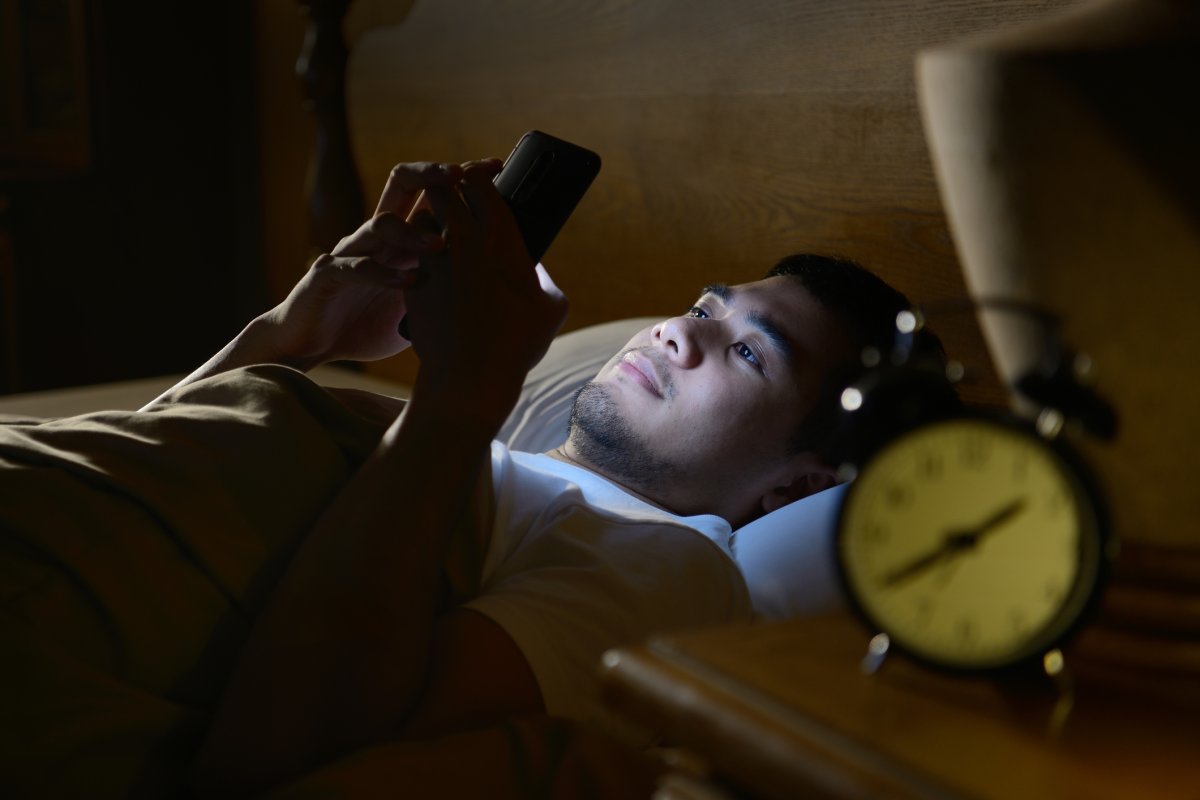Even if you’re not working, the expectation to stay online after work can be detrimental to our health and well-being, a new report suggests.

Researchers from Virginia Tech recently found monitoring your email after hours was hurting not only your own health, but the health of family members around you.
Co-author William Becker, a Virginia Tech associate professor of management at the Pamplin College of Business, told Global News the research was prompted after a friend of his told him about a boss that expected employees to reply within minutes during all hours of the day and week.
READ MORE: Here’s how to turn off Google’s other tracking feature that you didn’t know about
Pressure to be on
And although Becker’s participant sample only included 142 couples, experts say the pressure to answer emails quickly or monitor work off-hours is becoming quite the norm.
Nick Turner, a professor at the Haskayne School of Business at the University of Calgary, tells Global News it has almost become a new culture.
Turner adds because this culture is the norm, people who follow it are seen as “on top of it” or competent and are often rewarded. But on the flip side, others suffer through anxiety.
“We know this as tele-pressure,” he continued. “This is a pressure that affects our mental and physical health. We burn out, have health-related absences and reduce sleep quality.”
Becker adds both parties involved need to work together to find a solution.
READ MORE: ‘Burnout’ is a thing, doctors say. Here are the symptoms
“Organizations and employees need to find ways to ensure that people have time where they unplug completely from work and engage in their real lives.”
The future workforce
But what the research does show is how organizations can step in to relieve some of these anxieties from their employees.
“We think front-line leaders can make the biggest difference,” Becker said. “They can be very clear about when they expect employees to check their email and more importantly, be even more clear about when they expect people not to check or send email.”
And they also need to fight the natural tendency to reward employees who respond to every email immediately, he adds.
READ MORE: Panic attacks at work can feel ‘nauseous and suffocating’ — here’s how to manage them
Turner said we need to take back control of our time — which is easier said than done. Replying to an email right away can often be addicting.




Comments